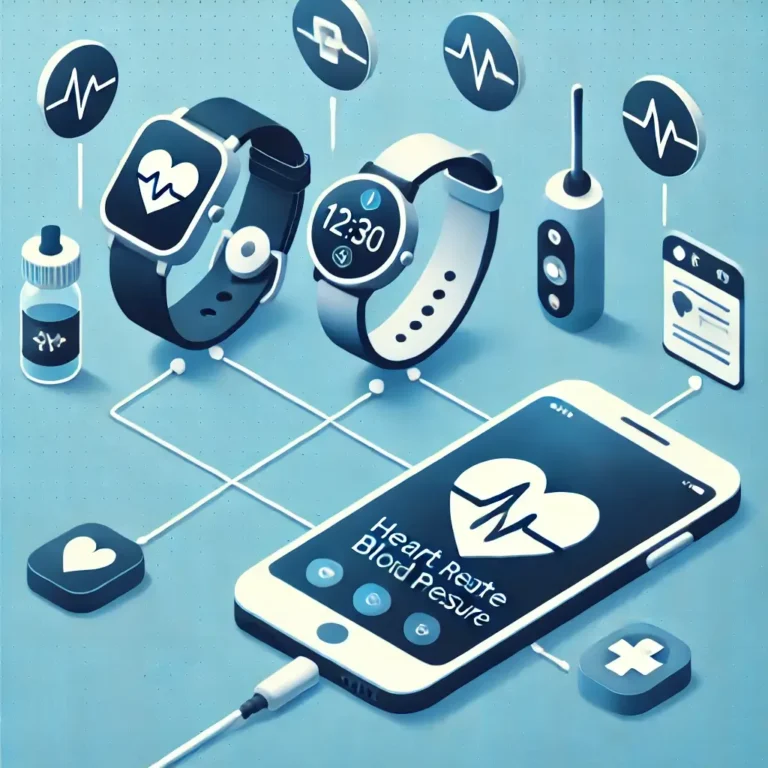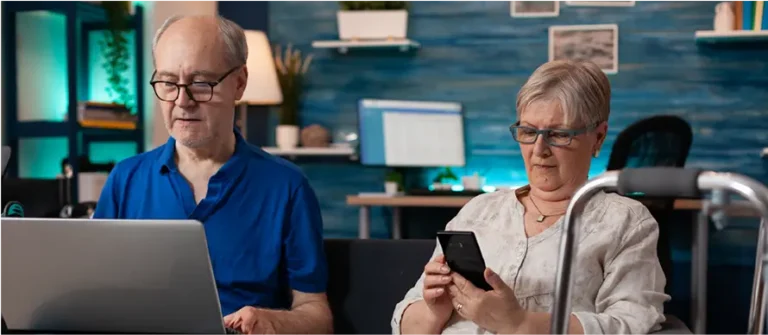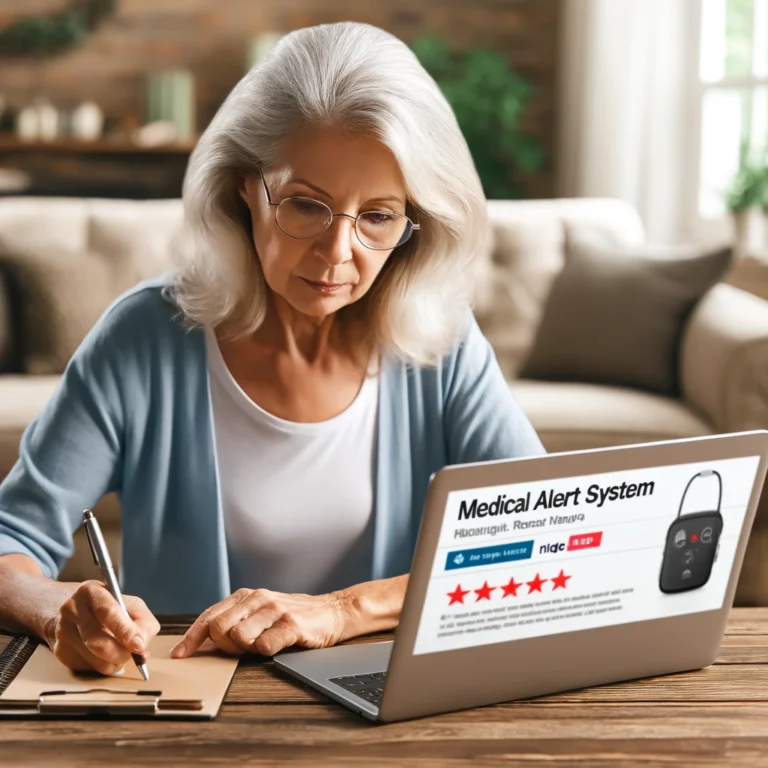
Let’s face it, aging comes with its own set of worries. But for many families, the biggest concern is keeping a loved one safe when memory starts to slip. Dementia and Alzheimer’s can make everyday tasks a challenge, and the risk of wandering or forgetting medical needs can be constant anxieties.
The good news? Medical alert systems aren’t just for falls anymore! These clever devices are now packed with features designed specifically for seniors with cognitive decline. Think of them as a guardian angel in your pocket that is A–protecting, and B–putting anxiety away.
Why Regular Alert Systems Aren’t Enough
Imagine a situation where your loved one forgets they need to call for help, or worse, gets lost and can’t remember how to get home. Traditional medical alert systems may not be enough for these challenges.
- Memory Lapses: In moments of panic, cognitive decline can make it difficult to remember how to use a medical alert device.
- The Wandering Woes: Seniors with Alzheimer’s are prone to wandering, putting them at risk in unfamiliar surroundings.
- Delayed Diagnosis: Conditions like strokes, which require immediate action, may be missed by seniors with memory issues.
A study emphasized the importance of quick emergency response for cognitive-impaired seniors, noting that many seniors living alone have a harder time activating emergency medical systems, which can delay vital treatment.
Tech to the Rescue: Features for Cognitive Support
Thankfully, medical alert systems are getting smarter, offering features that address these specific concerns. Let’s explore some of the ways these devices can be your loved one’s silent guardian:
- Invisible Fences with Geofencing: Imagine drawing an invisible boundary around your loved one’s safe zone (like their home or neighborhood). If they wander outside this area, you’ll be instantly notified, allowing for a quick response before a serious situation unfolds.
- Never Miss a Dose Again: Medication reminders built into the system can act as a gentle nudge for your forgetful loved one. These alerts ensure they stay on track with their medication schedule, keeping them healthy and avoiding complications.
- Help When They Can’t Push a Button: For seniors who might not remember how to use the device in an emergency, voice-activated systems are a game-changer. With a simple voice command, they can call for help, ensuring they have access to emergency services even if they can’t locate or press the alert button.
As one study pointed out,
Real-Life Examples: How These Devices Make a Difference
These features aren’t just bells and whistles – they can have a significant impact on real lives. Studies, as the “Automatic Acute Stroke Symptom Detection and Emergency Medical Systems Alerting by Mobile Health Technologies: A Review” from Comprehensive Stroke Center and Department of Neurology, David Geffen School of Medicine at UCLA, show that medical alert systems can help seniors maintain their independence and safety, especially during emergencies. Here’s how:
- Faster Response Times: With features like GPS tracking and voice-activated alerts, caregivers can locate and respond to emergencies much quicker. This can mean the difference between a minor scare and a serious medical situation.
- Preventing Wandering: For seniors with Alzheimer’s, getting lost can be a major worry. Geofencing alerts take the guesswork out of the equation, notifying you the moment your loved one steps outside their safe zone.
Case Study: Jane’s Story
Jane, a 78-year-old woman with early-stage dementia, lived alone but was fiercely independent. After a few instances of wandering outside her neighborhood, her family invested in a medical alert system with geofencing. Within weeks, the system alerted them when Jane strayed beyond her safe zone. This quick notification allowed her daughter to find her within minutes, preventing a potentially dangerous situation.
A Glimpse into the Future: Combining Tech for a Holistic Approach
Medical alert systems are no longer standalone tools. They’re increasingly being integrated with smart home technology to create a more comprehensive care system. Imagine sensors placed throughout the house that can detect unusual patterns, like missed medication or prolonged inactivity. These can then trigger alerts for caregivers, allowing for early intervention.
Beyond the Alert Button: A Brighter Future for Cognitive Care
The future of medical alert systems is exciting, with wearable devices and AI monitoring coming into play. Imagine a system that can detect changes in behavior, like unusual inactivity or erratic walking patterns, and automatically trigger an alert even if the senior hasn’t activated the device themselves. This proactive approach ensures emergencies are caught early, especially when cognitive decline makes it difficult for seniors to seek help.
The Bottom Line
Medical alert systems are lifesavers for individuals with cognitive impairments. These devices go beyond addressing physical emergencies, offering tailored support for memory challenges, promoting safety, independence, and peace of mind for everyone involved. As technology continues to evolve, these systems will play an even greater role in improving the quality of life for our most vulnerable seniors.
Sources:









